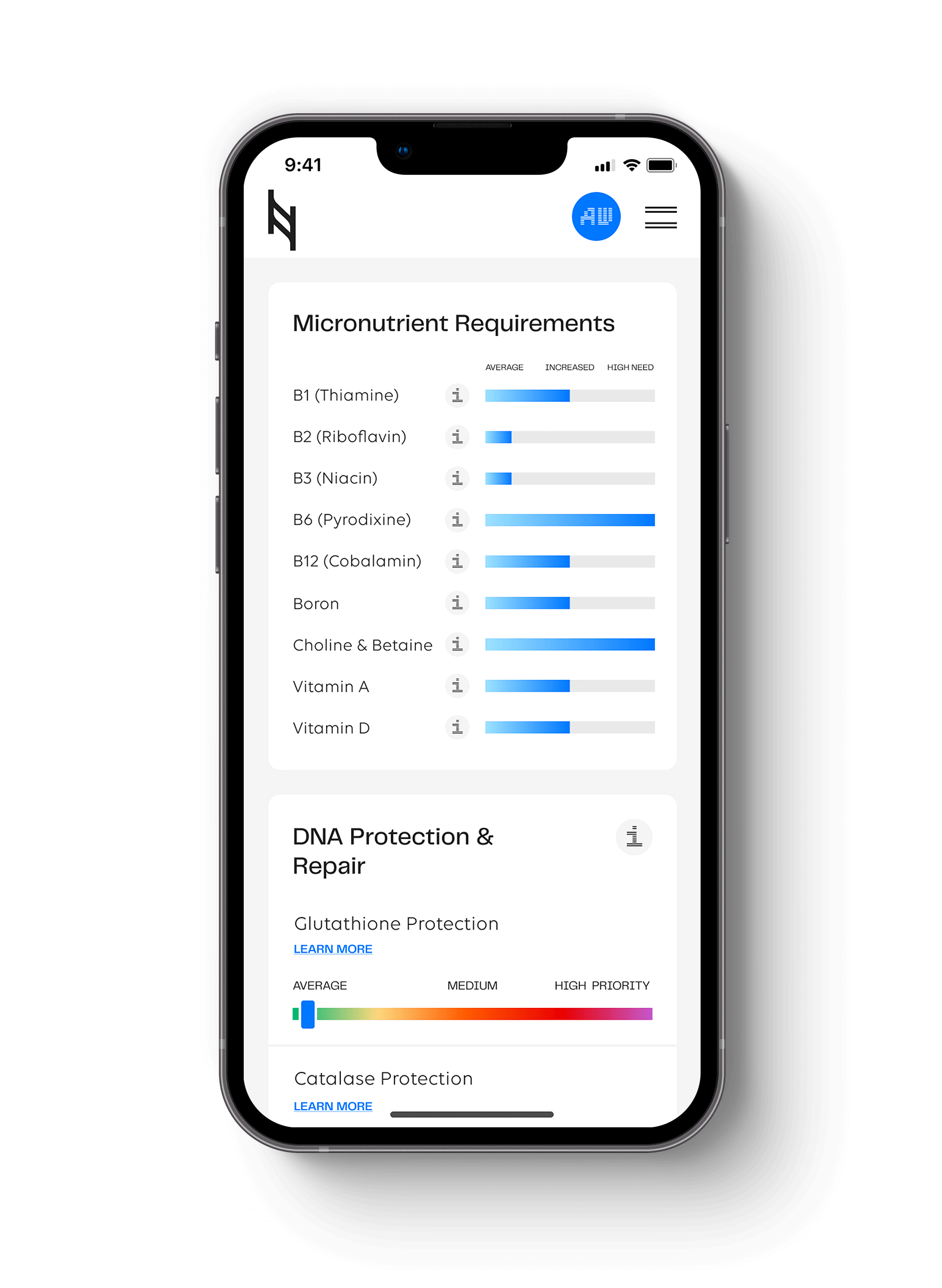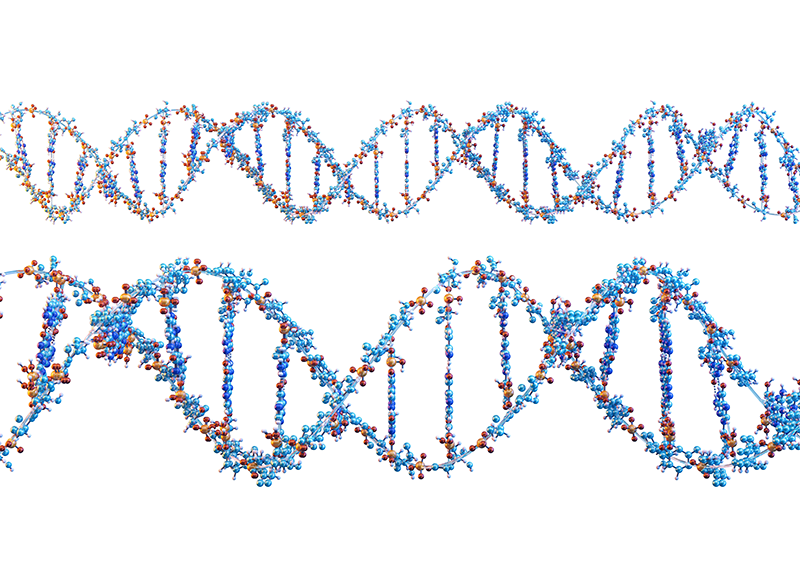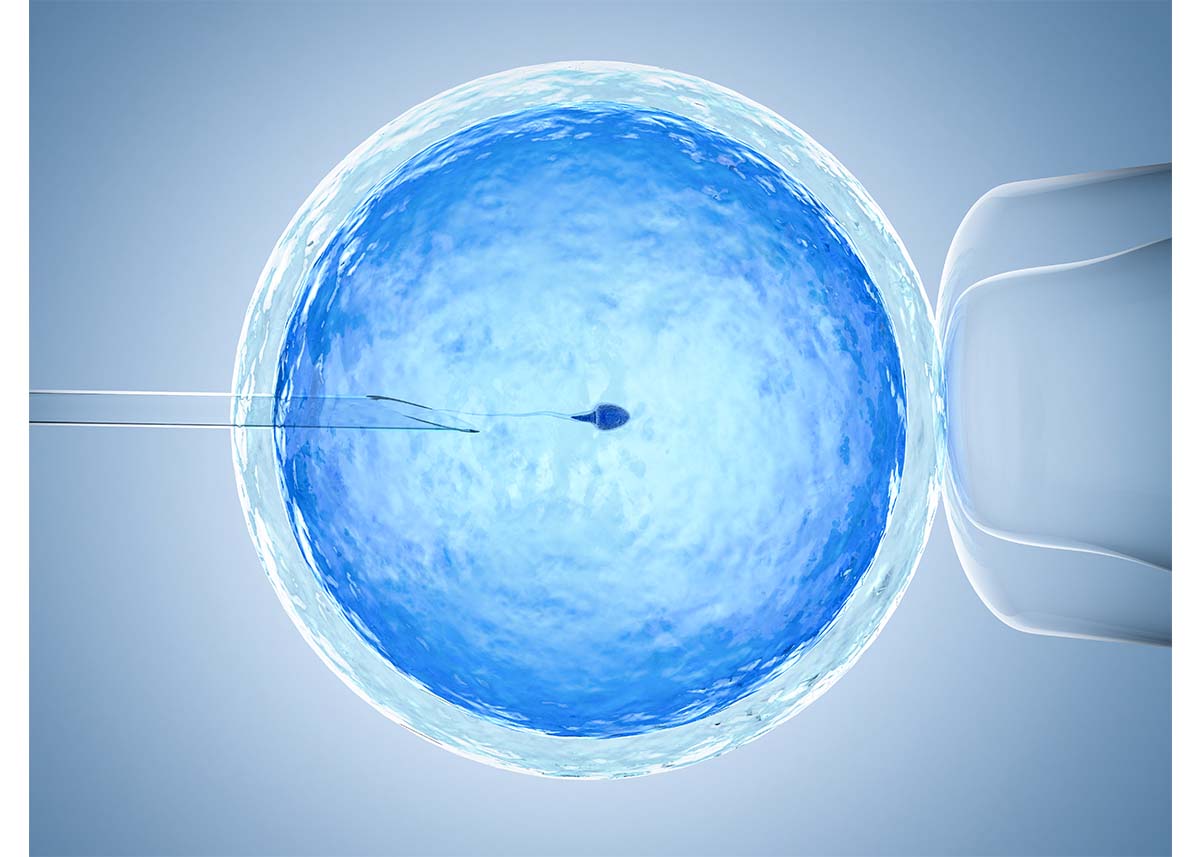World Infertility Awareness Month is celebrated every June to increase awareness of infertility worldwide. For week 2 of the series, we will be reviewing the research on folate metabolism, choline metabolism, and infertility.
Review the MTHFR and PEMT Genes
Variants in the MTHFR gene are associated with a higher requirement for folate. Low folate intake may negatively impact spermatogenesis by causing DNA hypomethylation, disrupting gene expression and errors in DNA repair and therefore chromosomal anomalies.
In women, a higher folate intake was associated with higher ovarian reserve, higher rates of implantation, clinical pregnancy, and live birth in those undergoing IVF treatment.
Variants in the PEMT gene increase choline requirements, a nutrient that is often consumed in inadequate amounts. SNPs in the choline metabolism pathway have been associated with infertility and reduced sperm motility.
Foods high in betaine can lower choline requirements because it reduces the need to convert choline to betaine in the methylation cycle. Studies of MTHFR knockout mice have found a beneficial effect of betaine on spermatogenesis. In folate deficiency, both betaine and choline supplementation prevented DNA hypomethylation.
Nutrigenomic Research, MTHFR, and Infertility
Numerous studies have found a potential link between MTHFR and infertility based on ethnicity. Due to variants in MTHFR increasing folate requirements, this is a foundational requirement for fertility.
- The homozygous genotype for MTHFR 1298 was present at a statistically high significance for infertility in Moroccan men.
- A 2017 study did not find that variants in MTHFR 677 were associated with infertility in men or women. However, a meta-analysis was performed in a total of 10 case-control studies, including 2275 cases and 1958 controls; this meta-analysis supports that variants in MTHFR 677 are capable of causing male infertility susceptibility in Asians but not in Caucasians.
- A study on 151 men with idiopathic infertility and 140 healthy fertile controls of Indian origin concluded that the MTHFR 1298 homozygous genotype is a genetic risk factor for idiopathic male infertility in an Indian population.
For male and females struggling with infertility, check your MTHFR and PEMT genotypes and review your folate, choline, and betaine intake to ensure these foundational requirements are being met.
Hit your health goals faster
We'll help you remove the guesswork
Experience the most advanced nutrigenomic test available, covering 100 clinically relevant genes for a "whole body" analysis. Take control of your health today.
$359






















